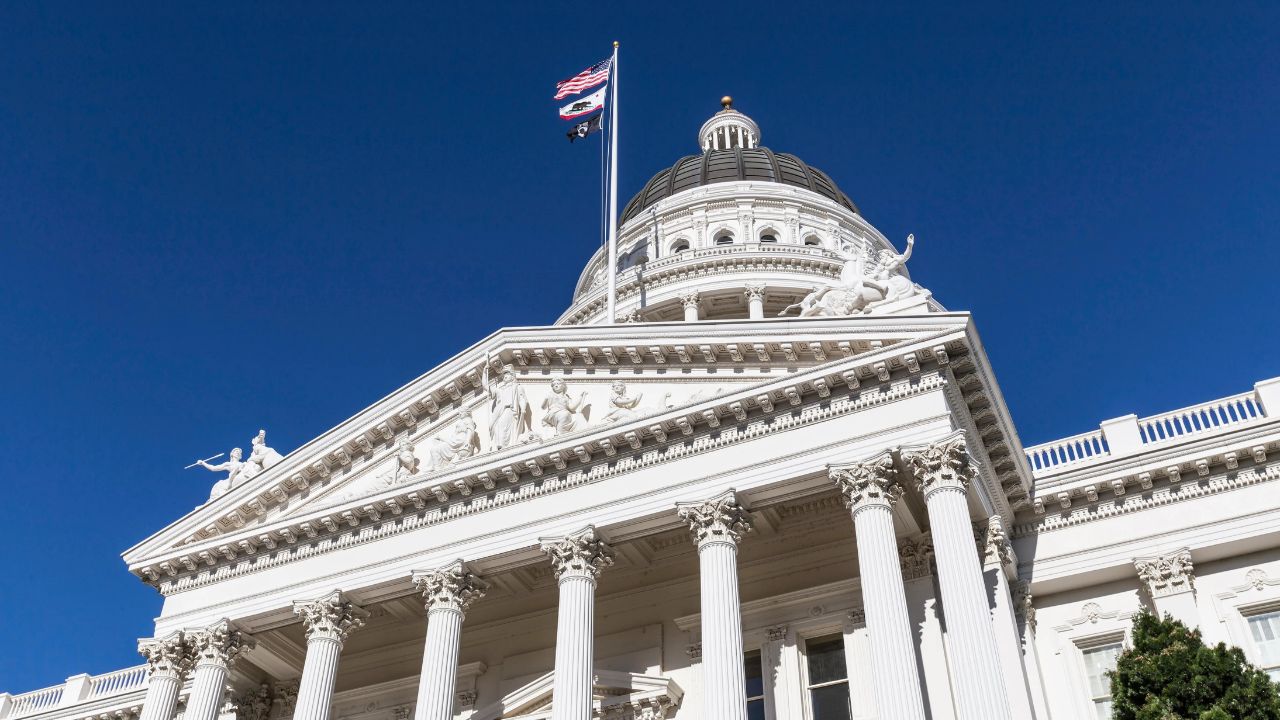California’s 2024 Ballot: An Echo of History: Receiving free briefings on pivotal subjects that matter to all Californians is now possible. Avail yourself of the opportunity to subscribe to CalMatters, and receive nonprofit news straight to your inbox.
Presently, the 2024 California ballot bears an uncanny resemblance to the proverbial “déjà vu all over again.”
Nine measures have successfully made their way to the ballot: two constitutional amendments for the March primary election and five initiatives and two referenda for the November general election. All of them represent the replay of polarizing ideological conflicts.
The two March measures, emanating from the Democrat-dominated state Legislature, epitomize the ongoing trend of revisiting age-old disputes. One seeks to revoke a 2008 ballot measure, which obtained a 52% vote, prohibiting same-sex marriages but was later nullified by the U.S. Supreme Court. The other aims to repeal Article 34, a constitutional mandate enacted by voters in 1950, that necessitates voter approval for low-income housing projects.
The two referenda, by their very nature, mirror previous confrontations and are both championed by business interests striving to overturn recent legislative endeavors aimed at imposing greater state regulations on their operations, and both are anticipated to ignite multimillion-dollar campaigns.
The first, sponsored by the fast-food industry, aims to erase a 2022 union-backed bill that proposes the establishment of a 10-member Fast Food Council, entrusted with the regulation of wages and working conditions in fast-food chains like McDonald’s and Burger King.
The second referendum, supported by the petroleum industry, intends to nullify a 2022 law requiring a 3,200-foot buffer zone between new oil wells and residential areas, schools, nursing homes, and hospitals.
The five initiatives that have qualified for the ballot are also revisitations of ideological clashes – three instigated by the political left and two by conservative business interests:
Michael Weinstein, who leads the Los Angeles-based AIDS Healthcare Foundation, has invested millions in two prior ballot measures aiming to dismantle longstanding legal barriers on local rent control laws, both of which suffered substantial defeats. Weinstein remains hopeful that the third attempt will be the charm, yet rental property owners are prepared to expend tens of millions of dollars to counter his latest endeavor.
In the meantime, commercial real estate interests are part of a coalition, spearheaded by the California Business Roundtable, striving to pass a new constitutional amendment mandating voter approval for any new state and local taxes or tax-like fees. They argue it is necessary to fortify California’s tax limitation laws, which have eroded due to judicial decisions, setting the stage for a high-stakes clash between business entities and local government officials alongside public employee unions.
Despite Californian voters consistently rejecting efforts to increase property and income taxes in recent years, another 2024 measure seeks to raise the marginal tax rate on incomes exceeding $5 million by 0.75%, with the objective of funding research on pandemic disease detection. The bulk of the funding for this measure comes from a cryptocurrency guru named Sam Bankman Fried, currently facing federal fraud charges.
In 2003, the Legislature passed the Private Attorney Generals Act, easing the path for workers to sue their employers for violations of state wage and working condition laws. While celebrated as a major victory for unions, employers claim it has been exploited to extort money from them. After two decades of legal skirmishes, business groups have qualified a measure for the 2024 ballot to repeal the law, setting the stage for another high-dollar confrontation.
Another employer-union skirmish looms in a labor-backed measure to raise California’s minimum wage, currently set at $15 an hour, to $18 over several years, with subsequent upward adjustments for inflation. Proponents argue that it would establish a living wage necessary to cope with inflation, while opponents contend that it will discourage employers from creating jobs.
While it is improbable that more initiatives or referenda will surface for the 2024 ballot, upon the Legislature’s return from its summer recess, the approval of several bond issues requiring voter consent is likely.
READ MORE
How Does California Workers’ Compensation System Operate?
